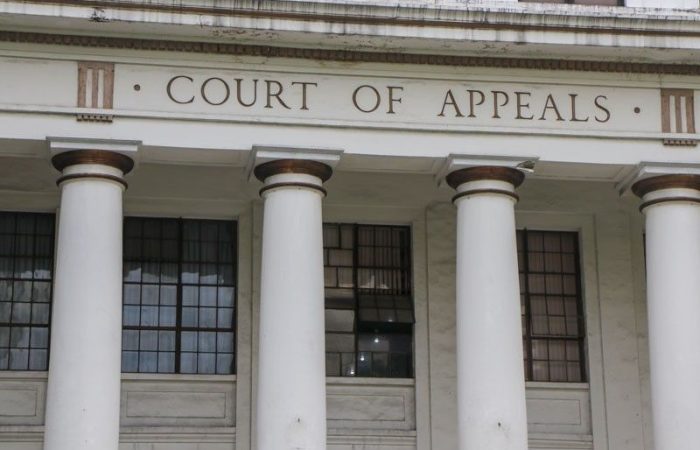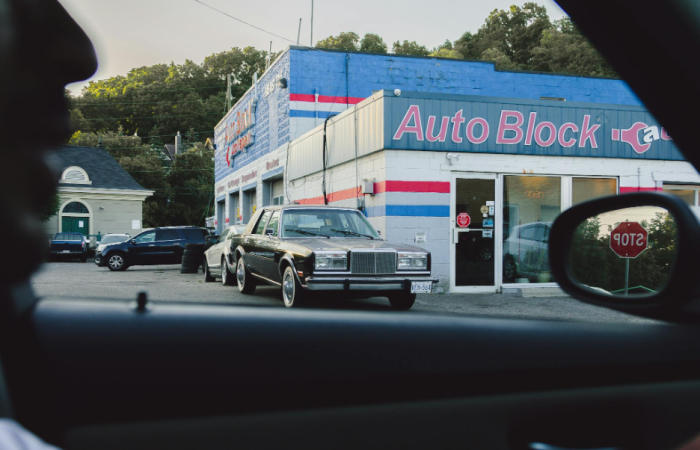By: Emili Kensing
There comes a time in all renters’ lives where a pipe has leaked or pests have infiltrated, making a mess—as well as an unhappy place—of your residence. But sometimes the effects of these mishaps are either not appropriately repaired or are so horrible that it makes living there unsafe or unsanitary. This is when habitability—the ability to live cleanly and safely in a certain place—becomes an issue.
Although habitability may seem fairly straightforward, habitability can be a tricky issue, since there’s not much of a standard to decide what is and what is not habitable. Thus, habitability circumstances brought before the court are decided on a case by case basis. Guy v. Tidewater Inv. Props., 41 Va. Cir. 218, 227 (Va. Cir. Ct. 1996). But “Basic Virginia Law for Non-Lawyers” lists a few situations that are definitely non-habitable:
- Supply running water, reasonable amounts of hot water at all times, and reasonable heat in season (unless the tenant has independent utilities or the utilities are supplied directly by an independent utility company);
- Maintain in good and safe working order all electrical, heating, plumbing, sanitary, ventilating, air-conditioning, and other facilities and appliances supplied, or required to be supplied by the landlord;
- Keep all common areas clean and provide appropriate waste receptacles in common areas shared by two or more dwelling units;
- Comply with all housing and fire code requirements; or
- Provide locks and peepholes and in properties with five or more dwelling units in one building, and install deadbolt locks and peepholes in any exterior swinging entrance doors (unless the door has a glass panel).
If a landlord does not comply with these requirements, a tenant may terminate the lease—after a notice of non-habitability and opportunity to fix the problem has been given to the landlord. Isbell v. Commercial Inv. Assocs., 273 Va. 605, 616 (Va. 2007).
Basically, if the conditions threaten your health or safety, it’s likely a violation of your warrant of habitability. But make sure to consult a lawyer before attempting to terminate your lease to ensure that no actions can be taken against you.



